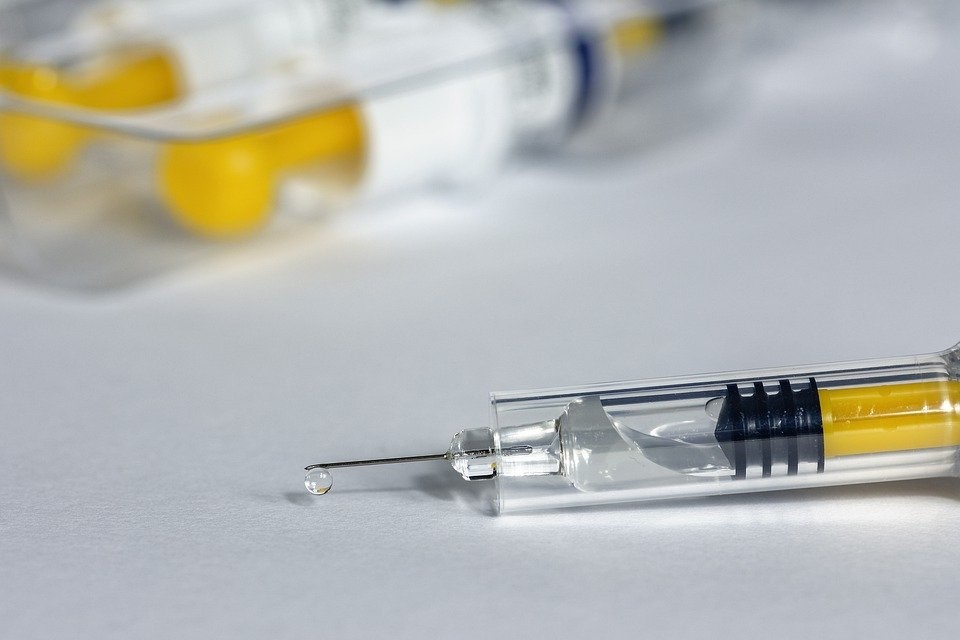
Imagine a world where you cannot go to work, attend a concert or sporting event, send your child to school, or board an airplane without a piece of paper that proves you have been vaccinated against COVID-19. A growing number of public health experts are predicting mandated inoculation against the novel coronavirus once a vaccine becomes available.
It is possible that federal law will soon require proof of a COVID-19 vaccination in order to get a passport, a driver’s license and other important legal documents.
COVID-19 Vaccine Progress
Right now, more than 170 COVID-19 vaccine candidates are in development and are being tracked by the World Health Organization (WHO). Vaccines imitate part of the virus that they are protecting against; the idea is for the vaccine to stimulate the immune system.
The FDA requires that a vaccine has a 50% efficacy rate before it can be approved. Vaccines are tested as follows:
- Pre-clinical stage: Vaccines are tested on animals to see whether an immune response is triggered.
- Phase one of clinical stage: Vaccines are given to a limited number of people and the immune response is studied.
- Phase two: Vaccines are given to hundreds of people within a clinical trial, to learn about the vaccine’s safety and dosage requirements.
- Phase three: Vaccines are given to thousands of people in order to study rare side effects and overall effectiveness.
Currently, several of the 170 COVID-19 vaccine candidates have moved on to phase three of clinical studies on humans.
In partnership with the Department of Health and Human Services and the FDA, the United States has set up Operation Warp Speed. Their goal is to speed up the development of the COVID-19 trials and increase funding in hope of delivering 300 million doses of a safe and effective COVID-19 vaccine by January of next year.
Typically, vaccines can take up to ten years to develop, test and distribute. But scientists are hoping to have a coronavirus vaccine for widespread distribution by the end of next year, at the latest. The novel coronavirus vaccine is not a project that started from scratch. Candidate vaccines are using several different approaches from other effective vaccines to determine what will work against this new COVID-19 virus.
The ultimate hope is that enough people will get the vaccine so that immunity against COVID-19 spreads through the community, known as “herd immunity”.
Push Back on Rushing a COVID-19 Vaccine
But some experts warn against rushing a COVID-19 vaccine. An effective vaccine needs to prevent infection or decrease the severity of the virus in at least half of those inoculated.
Experts fear that if a vaccine is rushed and subsequently weak or ineffective, people will assume they are no longer at risk of getting the coronavirus and will stop taking the preventative measures that have proven effective so far. If people falsely assume they are immune, authorities fear the pandemic could worsen.
There is political and commercial momentum behind several of the vaccine candidates. Clinical trials are taking place in many areas where the outbreaks are at their worst in order to quickly determine how effective the vaccine will be.
The WHO has stated that no vaccine with less than a 30% efficacy rate should be approved but that they strongly recommend 50% efficacy for the COVID-19 vaccination.
Current Vaccine Mandates
Vaccine mandates do exist in the United Sates. All 50 states have some form of vaccination requirement in order for children to attend school. The United States Military requires soldiers to be immunized against several diseases. Many states require the same for healthcare workers, especially those working in hospitals.
Hundreds of countries require vaccination against several diseases before you are granted a VISA to travel to those places. And now, several airlines require proof of a negative COVID-19 test before boarding their planes.
At the turn of the last century, Massachusetts required all adult citizens be vaccinated against smallpox by law. Failure to comply resulted in large fines for that time. Some health experts have recommended that, rather than fines against those not vaccinated, incentives should be given to those who are vaccinated against COVID-19. Those who carry proof of a COVID-19 vaccination should be allowed to access anywhere and everywhere, just as the general population could before the pandemic started.
Employers may Mandate COVID-19 Vaccines First
These possible mandates could first be directed towards health and front line workers. Then likely school-aged children and those who work in schools would be next. Provided no discrimination laws are being broken, workplaces are legally permitted to require vaccinations of their employees. Employers may arrange for on-site COVID-19 vaccination clinics or offer to help cover the costs of vaccinations. It is possible that the novel coronavirus vaccine may be provided at no charge for those without insurance or low-income, but that has yet to be determined.
In recent weeks, cases have emerged where patients have contracted COVID-19 a second time; having antibodies from exposure does not always equal immunity.
Ultimately, when a COVID-19 vaccine does become available, if you want to return to any semblance of “normal”, it will be in everyone’s best interest to get the shot.

Leave a Reply